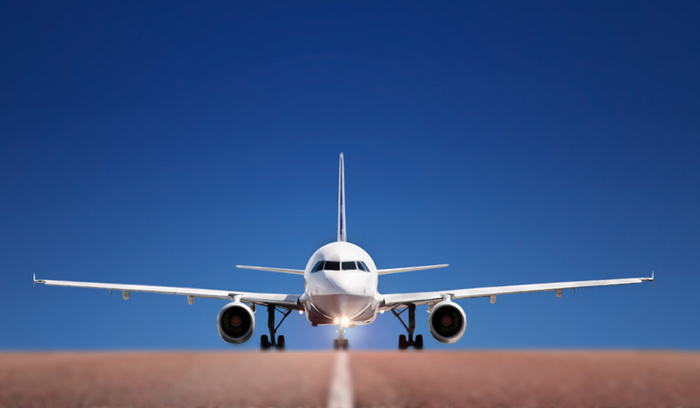July 9, 2015By: Adam Leposa
 Following the recent announcement of a federal antitrust investigation into alleged coordination of seat supply to influence airfares among U.S. airlines, two law firms have filed a class-action suit on behalf of air passengers.
Following the recent announcement of a federal antitrust investigation into alleged coordination of seat supply to influence airfares among U.S. airlines, two law firms have filed a class-action suit on behalf of air passengers.
The two new lawsuits, by Keller Rohrback L.L.P. in the U.S. District Court for the Northern District of California and Burns Charest LLP in the U.S. District Court for the Northern District of Texas, allege that Southwest Airlines, American Airlines, Delta and United Airlines conspired to raise the prices of flights within the United States.
Both lawsuits point to the recent decline in the price of jet fuel (40 percent, according to the California suit), and argue that such a drop should have led to a decline in airfares. That ticket prices did not points to anticompetitive activities on the part of the airlines, the two lawsuits argued.
Similar class action suits have been filed in New York, Chicago and Washington, D.C. Burns Charest has moved to transfer and consolidate all the civil cases in the U.S. District Court for the Northern District of Texas.
Antitrust Investigation
News of the federal antitrust investigation by the U.S. Department of Justice broke last week and drew praise from industry groups representing travelers, including the Business Travel Coalition (BTC).
“The number one concern that antitrust experts have – with no close second – as with regard to radical consolidation of any industry, is the risk of tacit competitor coordination on policies, practices and prices among a reduced number of industry participants,” said BTC Chairman Kevin Mitchell in a statement at the time. “Since recent U.S. airline mega-mergers, we have witnessed near constant airline CEO calls for ‘capacity discipline’ during industry gatherings and analyst earnings calls only to be echoed by analysts in follow-on earning calls with other airlines. This represents perhaps the darkest hours of airline coordination as well as a too-cozy harmonization between airlines and Wall Street.”
At the same time, airline trade group Airlines for America responded that the growth of low-cost airlines and competition are benefiting travelers.
“It is customers who decide pricing, voting every day with their wallets on what they value and are willing to pay for,” the group said in a statement to the LA Times.
Other experts have noted that federal regulators would face a tough challenge in proving that any collusion took place. According to experts cited by Scott Mayerowitz of the Associated Press, the government would have to prove that the airlines were “deliberately signaling business decisions to each other.”
Similar antitrust investigations in the past have relied “smoking gun” testimony, such as a recording of a call in a 1982 investigation between Robert Crandall, then a senior executive at American Airlines, and Howard Putnam, then-CEO of Braniff Airways. During that call, Crandall said, “Yes. I have a suggestion for you. Raise your goddamn fares 20 percent. I’ll raise mine the next morning.”
While airline executives and Wall Street analysts have been open about discussing the need to restrict passenger capacity in recent years, according to the AP analysis, it remains unclear whether any airline crossed the line into illegal activity.
Keep visiting www.travelagentcentral.com for further updates on this developing story.
What do you think of this $type?










